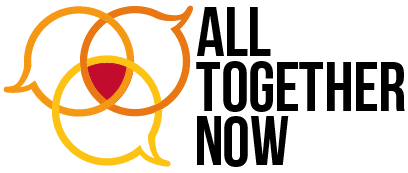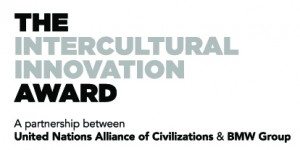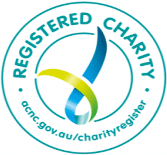I recently read Sarah Maddison’s book “Beyond White Guilt”. I highly recommend you grab a copy, particularly if you want to learn more about possibilities for reconciliation between Indigenous and non-Indigenous Australians.
On Indigenous policy
Sarah is an experienced thought leader and writer in this area and it shows. She has succinctly described concepts that in my own head were amorphous/inarticulate/disconnected ideas. For example on the Close The Gap campaign and the government’s subsequent Closing The Gap policies:
If we want to ‘close the gap’ between the values many of us profess to hold with regard to the status and life chances of Aboriginal and Torres Strait Islander peoples and the reality our nation faces, what needs to change is us. For the status of Indigenous peoples in Australia to change we will all need to change.
And:
… in the context of heated, emotional and often polarised debates about what direction Indigenous policy should take, too many Australians find themselves bamboozled, bewildered and paralysed. Unsure of what is ‘right’ and terrified of being wrong they say and do nothing. Individuals who in other spheres possess effective skills in critical thinking prefer to be told what they should think. When a clear answer is not forthcoming they prefer not to think about it at all. Again guilt gets in the way of an effective engagement with the place of the past in the present and the adaptive work that needs to be undertaken if we are ever to be able to think what has so far been impossible.
On adaptive leadership
As a fellow Sydney Leadership alumnus, Sarah has been schooled in the wisdom of Ronald Heifetz who is renowned for his teaching on adaptive leadership. She refers to Heifetz throughout the book including the following about our expectation that political leaders should be “fixing the problem”:
No matter how much effort we direct at the institutional political realm, a change of government or Minster or policy will never be enough to address the challenge we face. Our first response … tends to be to look to authority and demand that ‘they’ make a difference. Our dependency on authority to create change is inappropriate because time and again when the ‘accepted dependencies’ are applied to problems that cause persistent distress they reveal that they ‘cannot do the job’. Authorities are often under pressure to appear decisive, and as a result they are inclined to ‘fake the remedy or take action that avoids the issue by skirting it’. Authorities are always more likely to deal with an adaptive challenge by diverting attention from the issue.
This is a topic All Together Now touched on in the One Parramatta film Racism: who is responsible for preventing it?. We happen to agree that racism should be tackled by every one of us, not only those in positions of authority.
On racism, anti-racism, and constructive dialogue
Sarah also makes some really important points about racism and anti-racism.
Sarah suggests that defensiveness prevents us from talking about racism in a constructive way. The theme of All Together Now’s current strategic plan is to start a national conversation about racism, which came about because at the time the strategy was written (mid-2010) we believed that the majority of Australians were reluctant to discuss racism … and if people aren’t willing to discuss it then it’s not possible to fully understand it and prevent it. Yin Paradies and I wrote an article about constructive conversations about racism for Right Now last year.
Once we admit that we each carry a bit of racism with us (if you disagree, test your racial attitudes with an Implicit Association Test!) we’ll be one step closer to understanding the complexity of racism and be in a position to help prevent it, rather than be trapped in a cycle of guilt and defense.
Sarah suggests that open dialogue is key to reconciliation and I agree that is an excellent step for antiracists to aim for.
… we must find ways of fostering, nurturing, supporting and resourcing new forms of dialogue. As a nation … we must find better ways to communicate, to listen to one another openly and deeply.
For loads more wise words, grab a copy of Beyond White Guilt from your local library or bookstore.


